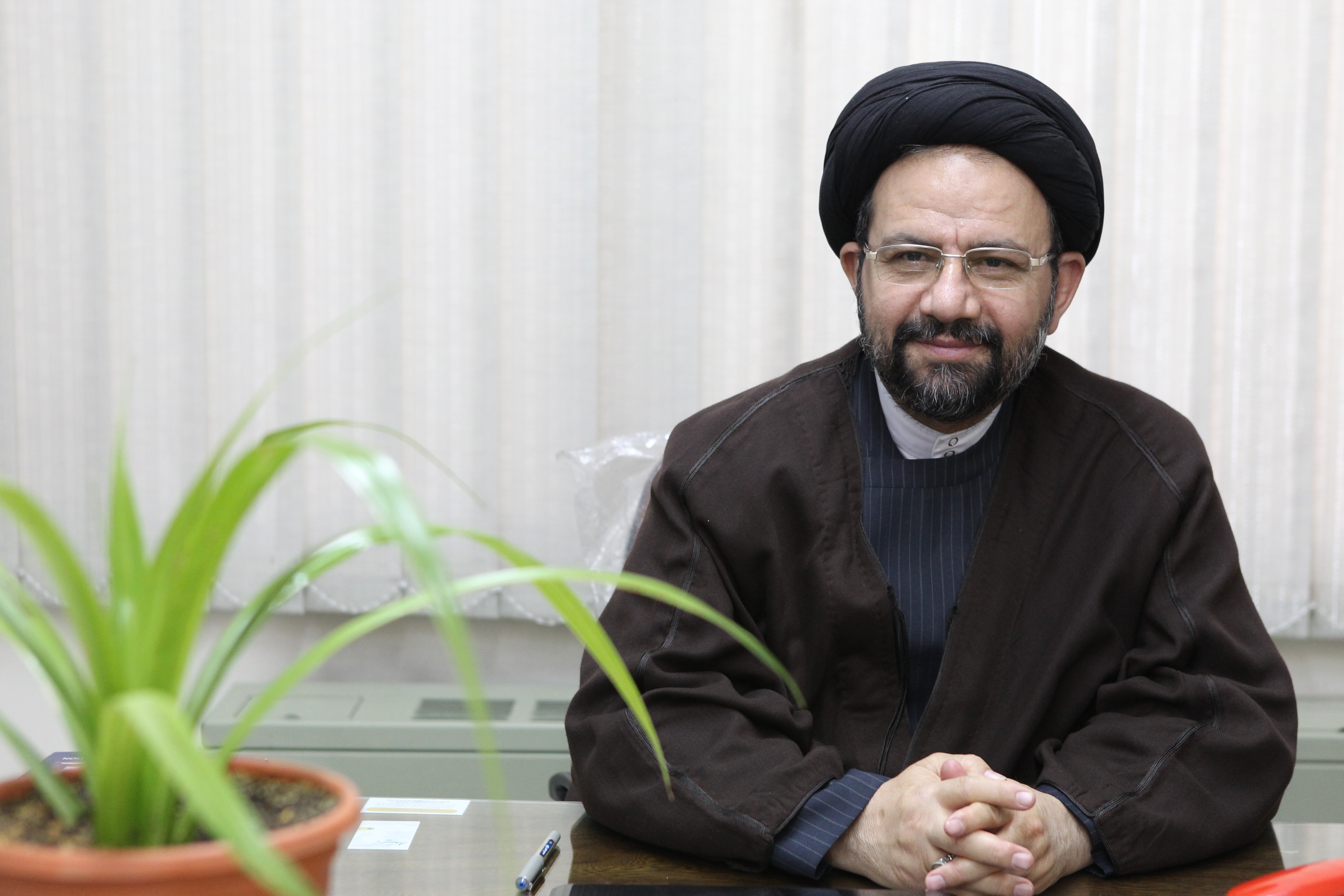
Depression is a state of low mood and aversion to activity that can affect a person's thoughts, behavior, feelings and sense of well-being.
PubMed Health Glossary
(Source: Wikipedia)
About the Brain
Drawing of the inside of the brain showing ventricles (fluid-filled spaces), choroid plexus, hypothalamus, pineal gland, pituitary gland, optic nerve, brain stem, cerebellum, cerebrum, medulla, pons, and spinal cord.
About Depression
We all feel unhappy and listless every now and then. And we have all felt down or even desperate at some point in our lives. These phases are a normal part of life, and people usually feel better again after a while. Things are different for people who have depression. Their sadness and negative thoughts last longer and overshadow all of their thoughts and actions. Depression can arise without any triggering events or for no apparent reasons. People often feel like they are stuck in a deep pit. They feel cheerless, lack motivation and self-confidence, and perceive themselves to be worthless. They find it hard to do everyday things, go to work or study. Friends, family and hobbies are neglected. They do not sleep well.
Depression can also make family and friends feel worried, anxious and helpless. They often would like to help but do not know how. It is not always easy for them to tell whether it is a passing phase or a serious illness... Read more about Depression





